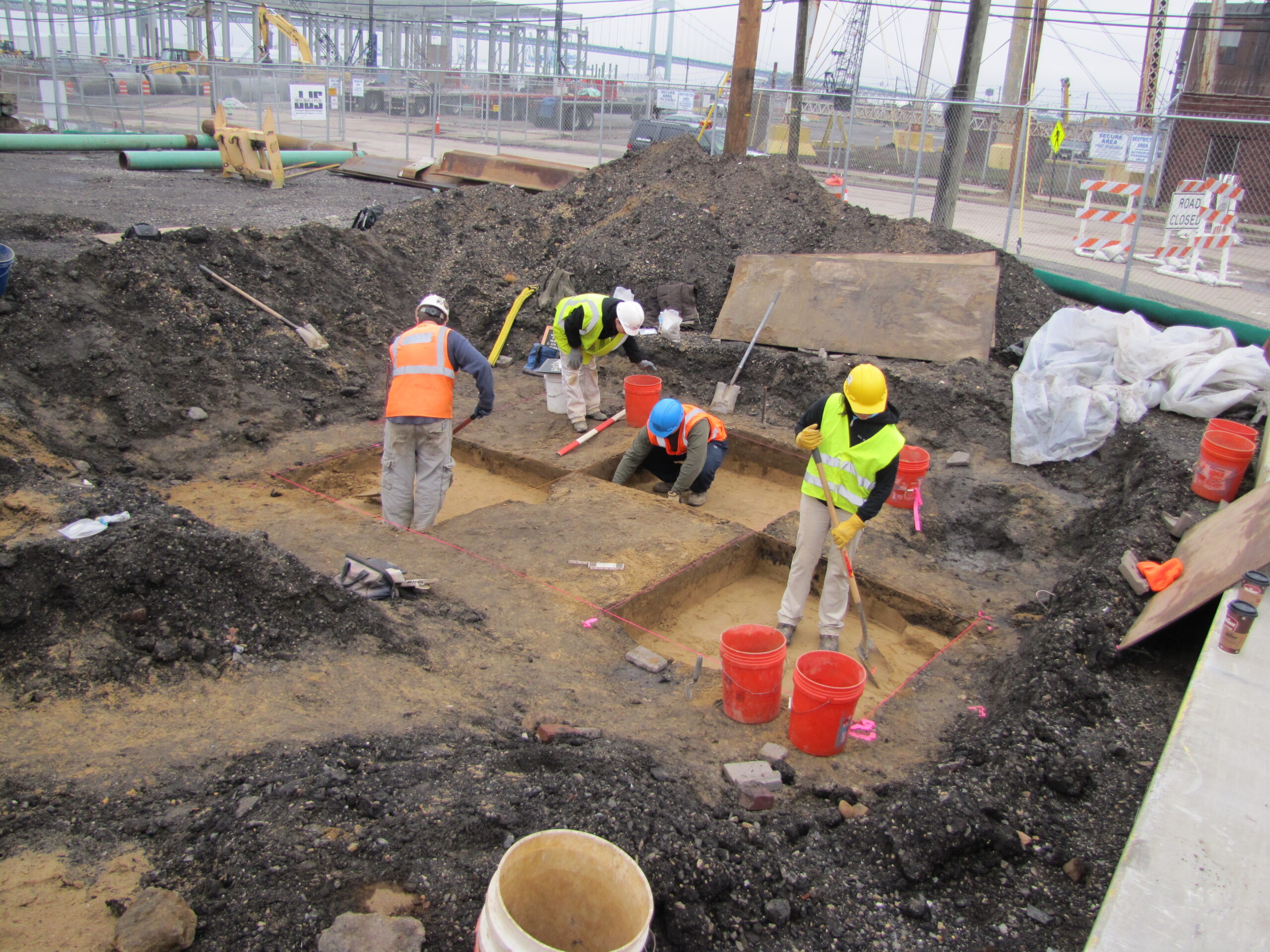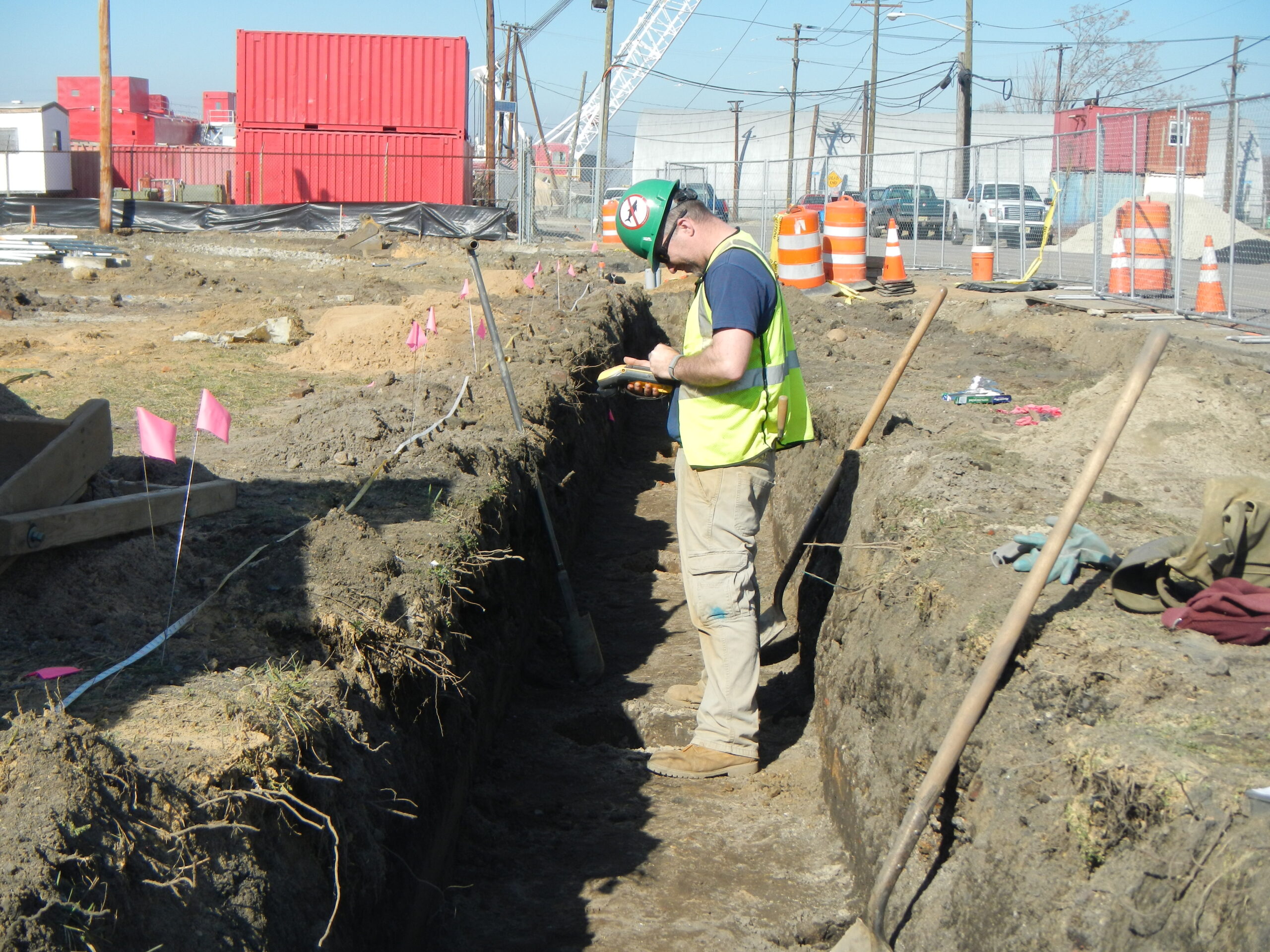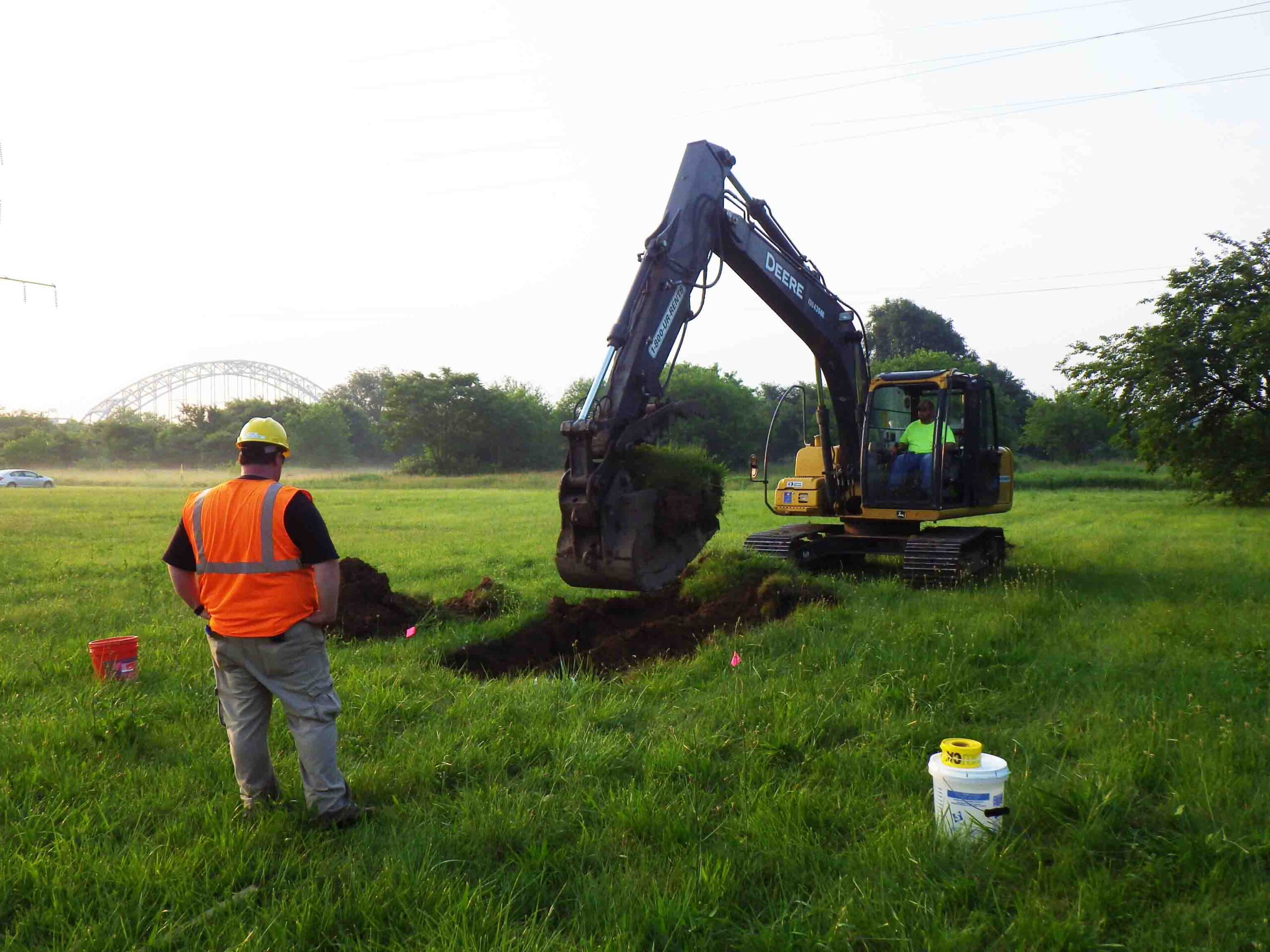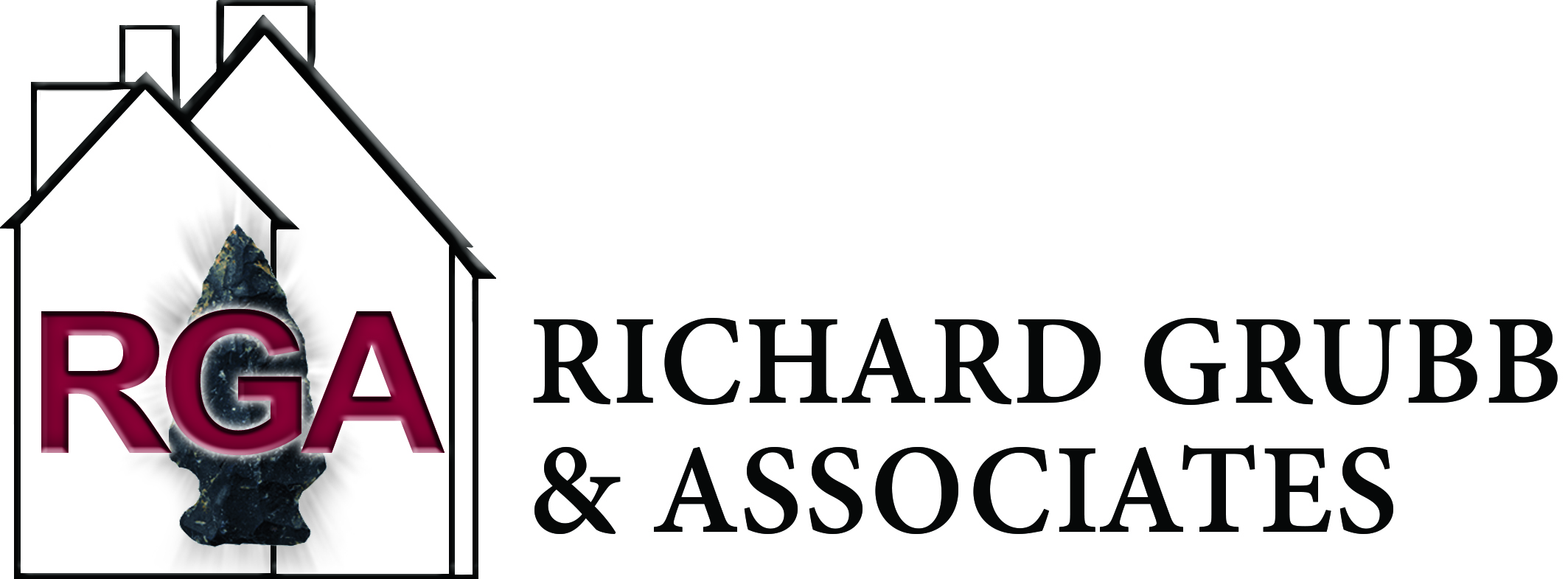Archaeological Surveys
Since our founding in 1988, one of RGA’s primary services is the identification, evaluation, excavation, and interpretation of archaeological resources. Our team is made up of highly skilled experts in pre-Contact, historic and industrial archaeology who have experience across various industries. We work in close coordination with architects, engineers, environmental specialists, and landscape architects in the successful completion of historic building and landscape restoration efforts. We also regularly undertake archaeological investigations for research and educational purposes. Most importantly, our archaeologists assist both public and private clients in navigating the complex maze of federal, state, and municipal preservation laws, by providing:
- Due Diligence Cultural Resources Screenings
- Phase IA, IB, I (Reconnaissance/Identification) Surveys
- Phase II (Evaluation) Surveys
- Phase III/Data Recovery (Mitigation) Surveys
- Monitoring during Construction
- Artifact Analysis and Curation
- Geophysical Archaeological Surveys
- Section 106 Eligibility/Effects Documentation
- Area of Potential Effects (APE) Delineation
- Bioarchaeological/Zooarchaeological Services
- Cemetery Delineations and Grave Relocations
- Memorandum of Agreement Preparation
- Programmatic Agreement Preparation
- Public Outreach and Consultation
- SHPO and Tribal (Native American) Coordination and Consultation
- NEPA Documentation (CED, EA, and EIS)
RGA houses a fully equipped archaeological laboratory for artifact processing, analysis and curation. We have a strong track record in the preparation of artifacts and project documents in adherence with State and Federal (36CFR79) standards. The firm has experience with submission of collections to repositories including the New Jersey State Museum, Pennsylvania Historical and Museum Commission, Delaware Division of Historical and Cultural Affairs, Maryland Archaeological Conservation Laboratory, Massachusetts Historical Commission, and Ohio History Connection. Additionally, the firm is experienced in using the National Park Service’s Interior Collections Management System (ICMS) and Re:Discovery Proficio software.



